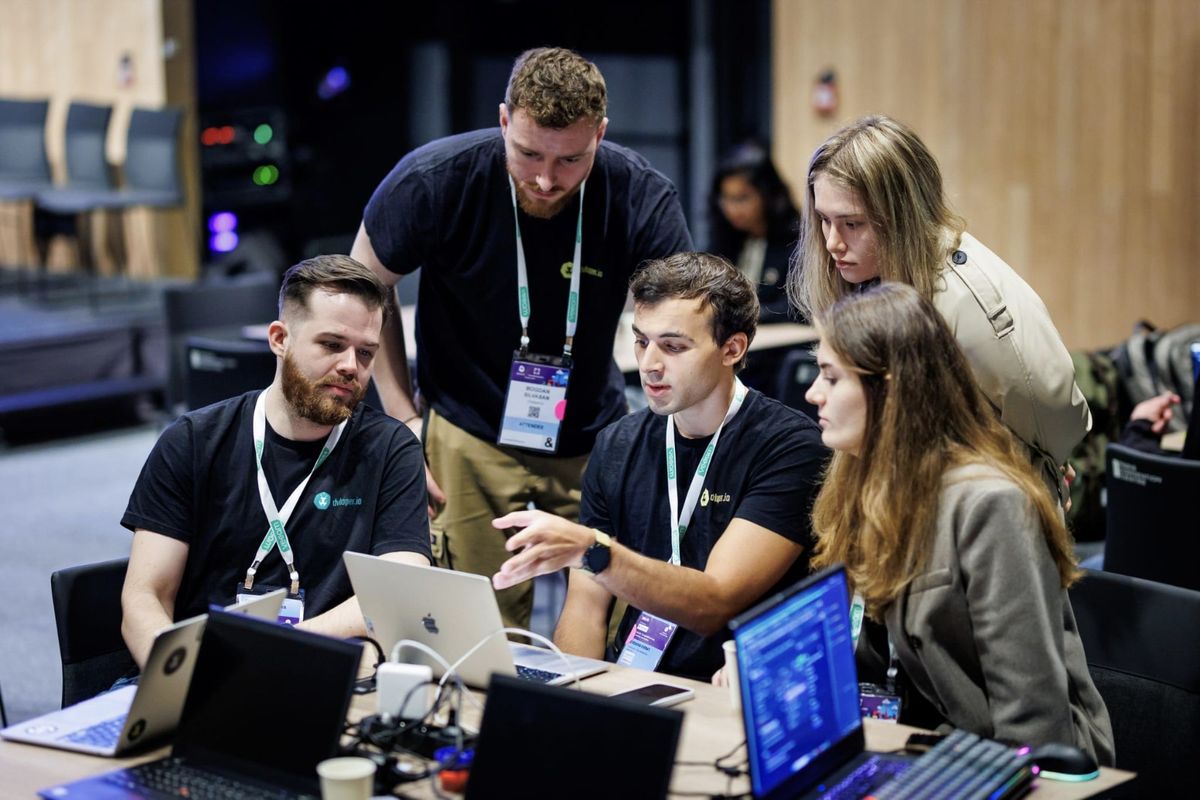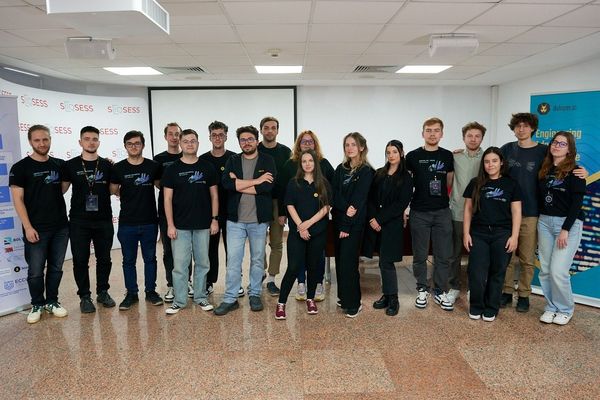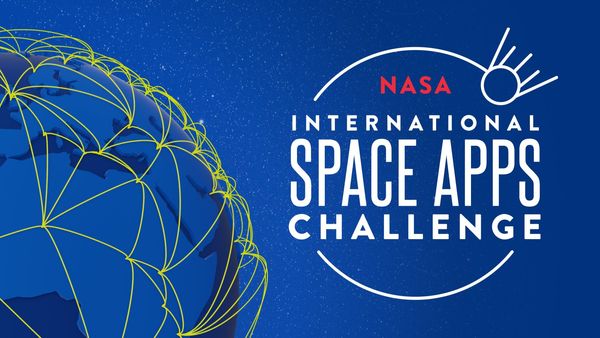Secure Computation Journey Through Kubecon Hackaton

About us
At our core, we are a team of five passionate software engineers driven by a shared love for machine learning, Kubernetes, and low-level languages(GOLANG, RUST). Our diverse backgrounds and experiences have brought us together to tackle one of the most pressing challenges in the AI industry: making generative AI accessible to organizations with limited resources in a secure manner.

Our project
The concept of Atlantic Code emerged during a late-night coding session when
we were discussing the challenges of running models securely in the cloud, a
thought struck us: what if the cloud providers could not see what was being
inferred? This sparked a deep discussion and further research about data privacy and security in the current AI landscape.

We realized that in today's environment, where data breaches and privacy
concerns are prevalent, ensuring the confidentiality of sensitive information is
crucial. Organizations, especially those with limited resources, often face a tradeoff between leveraging the power of AI and maintaining control over their data.
Motivated by this challenge, we explored the potential of private inference in
secure computing environments and how it could revolutionize the way
organizations leverage AI. We envisioned a framework that would allow
organizations to harness the potential of generative AI without compromising on
data privacy or relying on third-party service providers.
After countless hours of research, experimentation, and collaboration, we
developed Atlantic Code - a project that stands on three core pillars:
- Open Source Stack
One of the key aspects of our project is our commitment to creating an opensource stack. We believe that the power of AI should be accessible to all, and by
providing an open-source, end-to-end framework that encompasses the backend to front-end components, we enable organizations to easily build and deploy
AI applications tailored to their specific needs.
- Edge Computing and efficient techniques
Our focus on edge computing and efficient techniques like LORA (Low-Rank Adaptation) ensures that our solution can run seamlessly in resource-constrained environments. By pushing the computation to the edge devices and leveraging techniques for model adaptation and efficient inference, we eliminate the need for organizations to invest in expensive computing infrastructure.
- Privacy and Data Control

Privacy and full control over data are paramount in our framework. We have adopted a decentralized approach, ensuring that organizations maintain complete ownership and control over their content and data privacy. All data remains securely stored on the edge devices, while the central cluster performs inference without accessing the actual data. This decentralized architecture empowers organizations to leverage generative AI within their own computing infrastructure, eliminating the need to rely on third-party AI service providers and ensuring data sovereignty.
Aligning with the AI FOSS Stack Challenge
The AI FOSS Stack Challenge, proposed by the United Nations and aligned with the United Nations Sustainable Development Goals (SDGs), aims to democratize access to AI technologies and empower organizations with limited resources to harness the potential of generative AI. Our project perfectly aligns with this challenge by leveraging edge computing and personalization techniques to enable the deployment of AI applications using large language models (LLMs) in resource-constrained environments.

With Atlantic Code, our goal is to remove the barriers that hinder organizations from harnessing the power of generative AI. We strive to foster innovation and contribute to positive change, aligning with the United Nations Sustainable Development Goals (SDGs). We are building a solution that empowers organizations to leverage the power of AI while maintaining full control over their data, ensuring privacy and security in the process.



